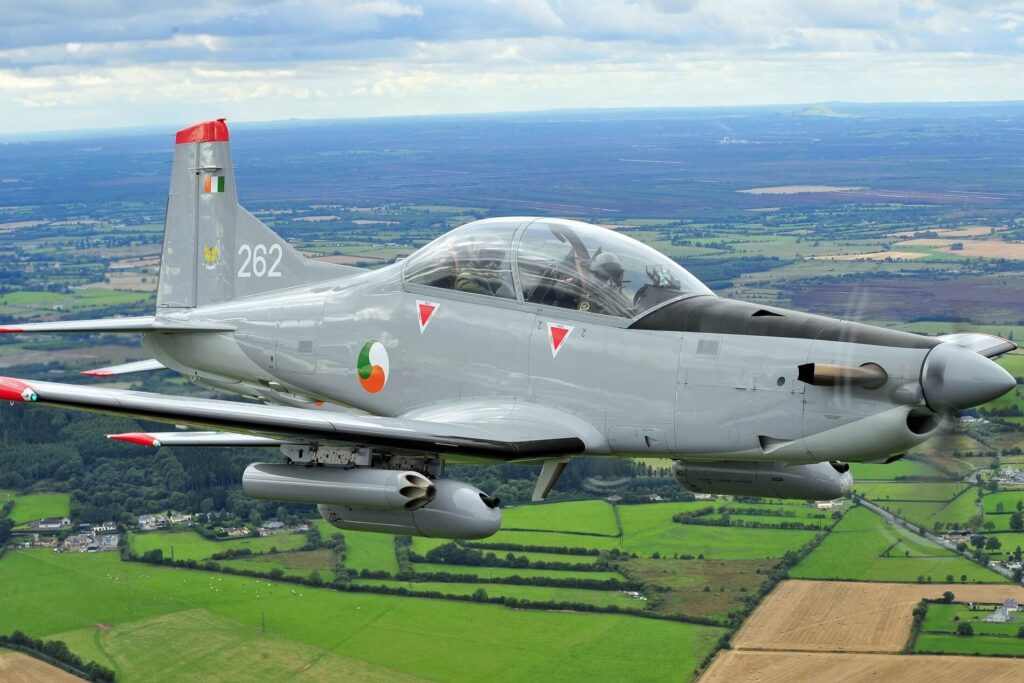Currently, Ireland relies solely on the British Royal Air Force to defend the sovereignty of its airspace. This could change soon, however, as the government is reportedly considering acquiring fighter jets capable of carrying out interceptions in an increasingly contested environment.
With neutrality comes great responsibility
Historically, Ireland has chosen to adopt a “neutral” stance on the international scene. This position was first reflected in its involvement as a peacekeeping force during the Congo Crisis in 1960. Yet, while such a strategic doctrine is not unique in Europe, other countries that are historically known for their neutrality, such as Switzerland or Belgium, have the means to enforce their position.
As things currently stand, the Republic of Ireland relies entirely on the capacity of the United Kingdom to protect the sovereignty of its airspace through a “secret bilateral pact”. The Irish Air Corps has had no combat jet since 1998, when the Light Strike Squadron, operating on second-hand French Fouga CM170 Magister, was disbanded. It also lacks a national radar system. Both those capacity gaps make Ireland “probably the most vulnerable” state in Europe, as stated by General Ralph James, formerly responsible for the Irish Air Corps, during the Irish security summit Slándáil 2020. For James, waving the “big flag of neutrality” is not sufficient, as Ireland must be able to deny its airspaces to both sides of a conflict.
A contemporary necessity
The sovereignty of Ireland’s airspace is getting increasingly undermined. As recently as March 2020, Russian Tu-142 Bear and Tu-160 Blackjack bombers have probed the airspace above the waters west of Ireland, forcing the RAF Typhoons to scramble for interception three times in the span of a week.
To address the increasing threat to its sovereignty, the Irish Department of Defence said it was studying a possible acquisition of “air combat interceptor” as well as a “primary radar system”, in a five-year investment program for its armed forces entitled Equipment Development Plan.
“The assessment would consider the demands that may be made of such interceptors and the military capabilities it would be expected to be able to supply,” a spokesperson of the Ministry told the Irish Times. James estimated that Ireland would have to purchase at least 16 combat aircraft. Along with the formation of enough pilots to be operational 24/7, he estimated the cost to reach well above €1 billion.
According to local media, such a sizable investment is due to generate a tumultuous national debate. Another possibility could see Ireland embrace the “Baltic Way”, with an international force taking care of its airspace. But without NATO membership, and no such precedent within the European Union, one has to wonder whom Ireland could turn to.

